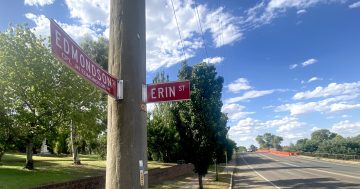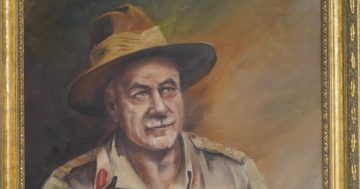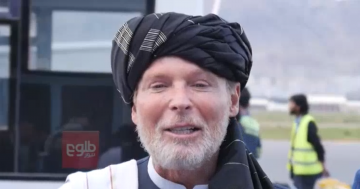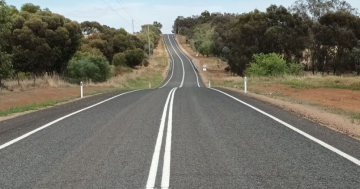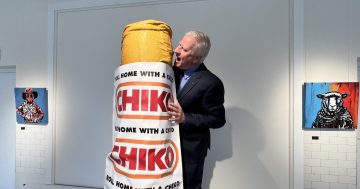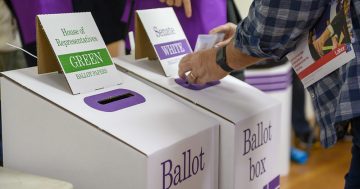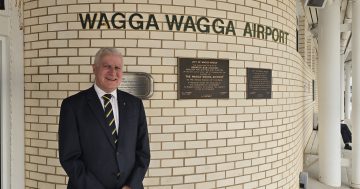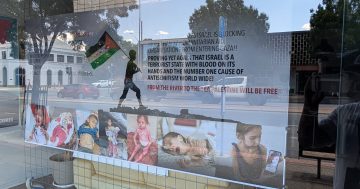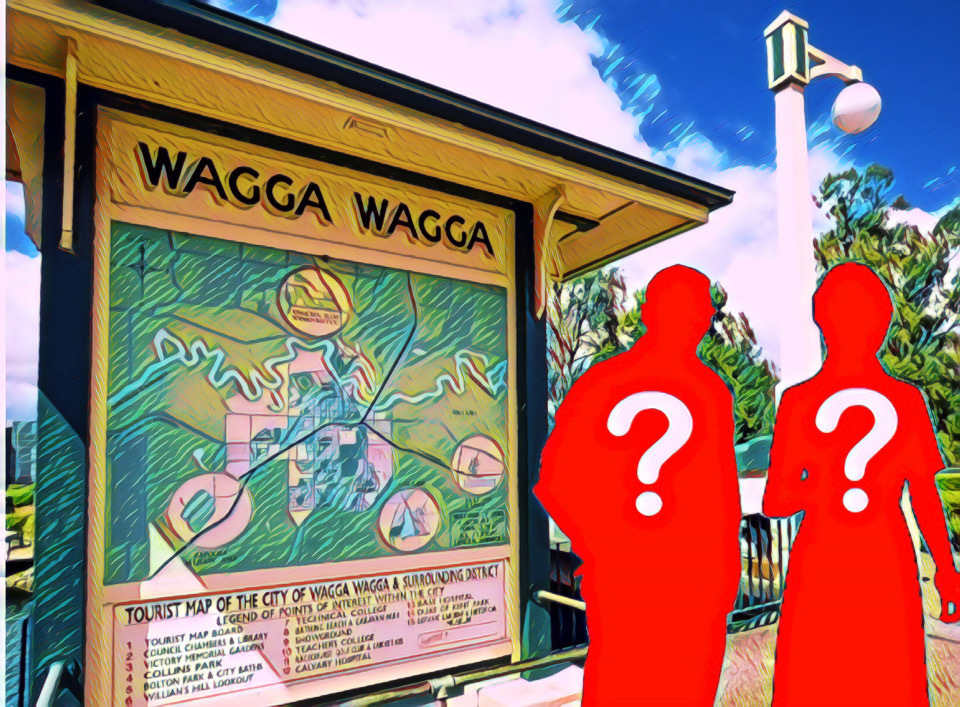
What is the correct name for a person from Wagga Wagga? Photo: Chris Roe.
Year in Review: Region is revisiting some of the best Opinion articles of 2023. Here’s what got you talking, got you angry and got you thinking this year. Today, Chris Roe wonders what’s in a name.
At the opening of the redeveloped Museum of the Riverina site at the Botanic Gardens this week, Federal MP Michael McCormack referred to the assembled locals as “Wagga Wagga-ites”.
It begs the question: Is this the accepted term for people from our neck of the Riverina?
Sydney has Sydneysiders, Melbourne has Melburnians, Brisbane has Brisbanites and Newcastle has Novocastrians, so what does Wagga Wagga have?
The obvious historical answer to ‘What is a person from Wagga called?’, is Wiradyuri, and it’s hard to argue with a millennia-long pedigree, but what noun can we use to capture our diverse post-colonial population?
‘Waggonians’, ‘Waggarians’, ‘Waggaites’ and even ‘Wags’ have been suggested!
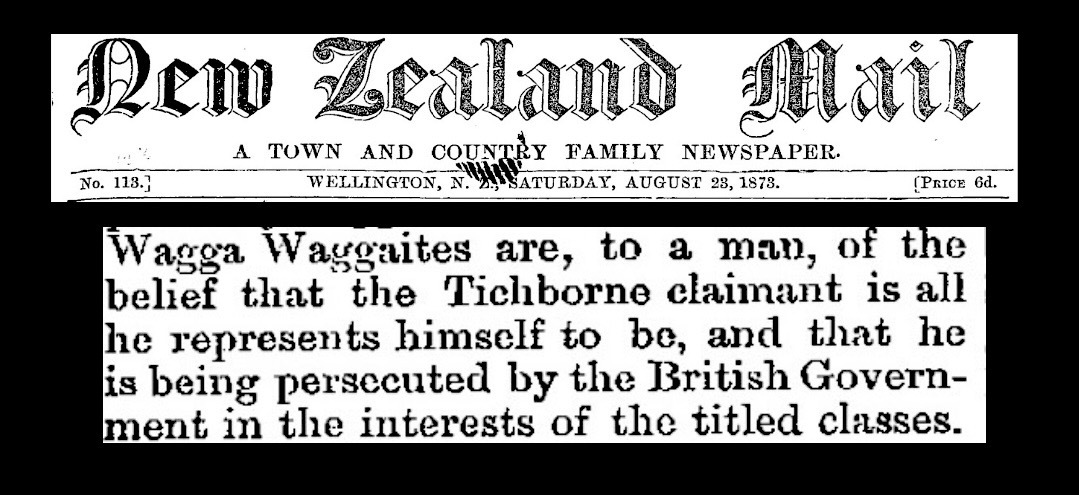
The New Zealand Mail referred to “Wagga Waggites” in 1873. Photo: PaperspastNZ.
Back in the 1870s, when Wagga Wagga gained international infamy through the case of the Tichborne Claimant, it seems that some locals experienced a case of colonial cringe due to the harsh ocker pronunciation of “Wargar Wargar”.
Fortunately, a short-lived campaign to change the name to Alexandria or Belmore failed, otherwise a whole new list of less distinctive names would have been on the table!
A copy of the New Zealand Mail from 1873 employs the term ‘Wagga Waggaites’ in a story on the Tichbourne case.
When Region approached Michael McCormack to explain his use of Wagga Waggaites this week, he doubled down – literally.
“I always try to call it Wagga Wagga whenever I’m speaking publicly or in Parliament,” he said.
“It’s nice to give it its full name because that’s what it was called.”
Aside from being a politician, McCormack is a veteran journalist and keen student of history and says the double-barrelled ‘Wagga Wagga-ites’ is the most commonly used term.
“In the many historical manuscripts and books and documents I’ve ever come across, I think pretty much that’s what we were referred to,” he explained.
“Although I don’t think there’s anything official.”

Michael McCormack opts for a double-barrelled ‘Wagga Wagga-ites’. Photo: Chris Roe.
A search on the fabulous digital archive Trove does indeed reveal multiple historical references to Waggaites.
It is used several times in the iconic Bulletin publication in the 1880s and both the Wagga Wagga Advertiser and the Wagga Wagga Express in 1901 detail the homecoming of our Boer War veterans under the headings “The Returning Waggaites” and “Waggaites for the War”.
The Daily Advertiser in 1939 also featured a regular travel column called “The Wandering Waggaite” by feminist icon Vivienne Newson.
The next place to go for a lazy fact-check is obviously the omniscient Google search engine which suggests that Waggarian, is another likely term and offers a link to the notoriously unreliable Wiktionary.
Google also threw up a reminder that the term ‘wagga’ can refer to a kind of bed covering made from cobbled-together bits of old army blankets and knitted squares, as in “would you like to snuggle under the wagga?”.
It’s an interesting aside, but I don’t think that helps us nail it down.
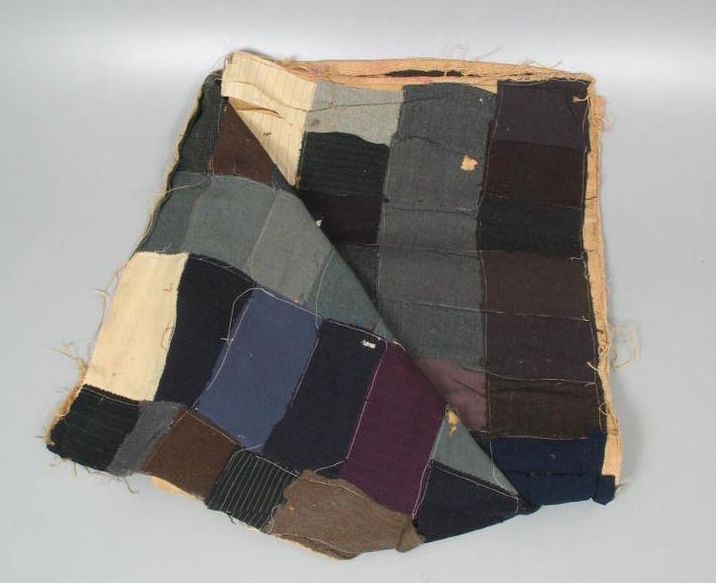
A ‘wagga’ is also a type of patchwork blanket, but not a person. Photo: Powerhouse Museum.
A search for the term Waggarian on Trove does indeed yield a handful of results dating back as far as 1900 and a story in the Adelong and Tumut Express that details the hilarious “elocutionary accomplishments of Mr W. A. Walsh, an erstwhile Wagga resident”, also referred to in the article as an “ex-Waggarian”.
Geoff Birch from the Wagga Wagga & District Historical Society suggested that Waggonian may also have some historical resonance, and it certainly has a nice ring to it.
Sure enough, a Trove search takes us back even further in time to the Wagga Wagga Express in 1872 and a tongue-in-cheek reference to “poor benighted Waggonians”, but little else.
It’s been suggested that Wag was a name some tried to get going in the early 20th Century, but there is little evidence that it ever caught on.
So what do you think? Is there a definitive term?







